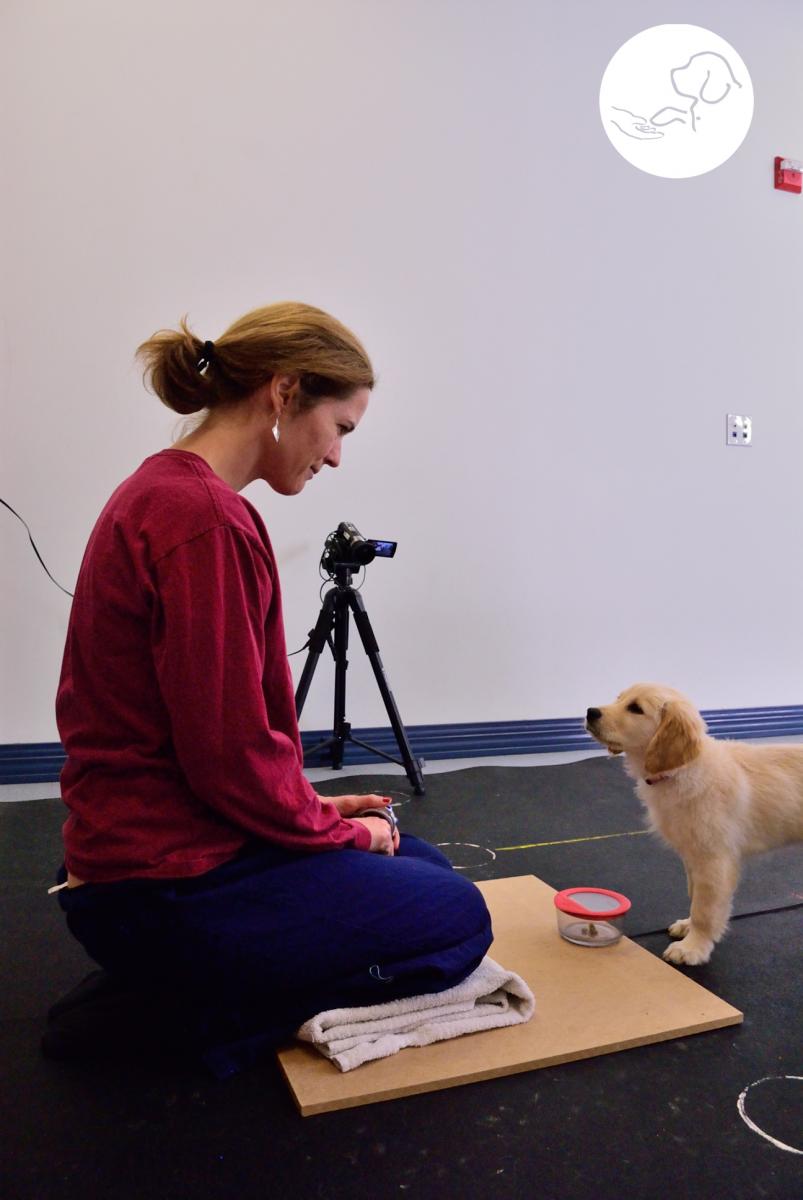Inside the minds of dogs
Research at the Arizona Canine Cognition Center aims to understand the nature of dog minds. Our studies probe how dogs experience and reason about the world around them, what makes dog psychology unique, and how dog minds are similar and different to our own.
Behavioral studies at the Arizona Canine Cognition Center involve problem-solving games that are designed to provide mental stimulation and enrichment while addressing fundamental questions about the workings of the mind. We embrace the idea that animal intelligence comes in many forms and conduct studies exploring diverse aspects of dog cognition.
One of the most amazing things about dogs is their incredible diversity. Many studies at the Arizona Canine Cognition Center aim to understand the origins of this diversity, probing the genetic and environmental factors that make each dog unique. By understanding and characterizing cognitive and behavioral diversity in dogs we aim to attain a deeper understanding of these amazing animals with whom we share our lives, and to improve the processes through which we care for and partner with dogs in society.
Our studies are conducted with companion dogs in the local community (click here to sign up!), with working dog populations throughout the United States, and in dog daycares and animal shelters.
For more details on our work, please take a look at our publications page.


